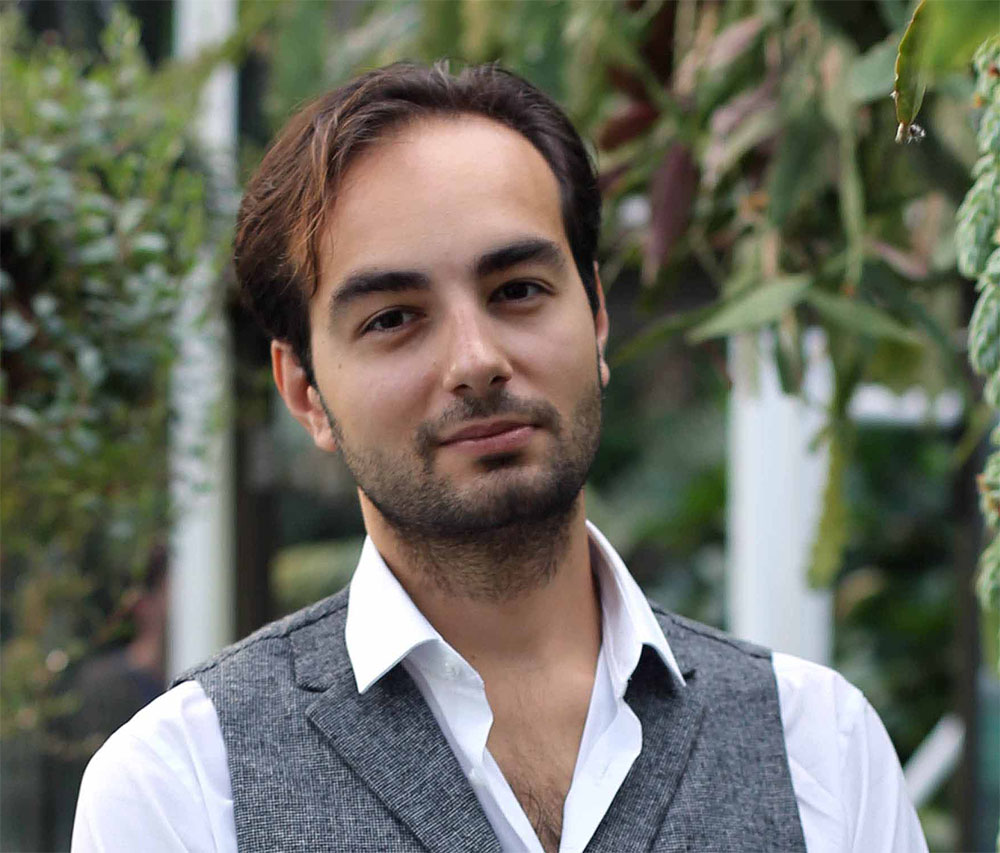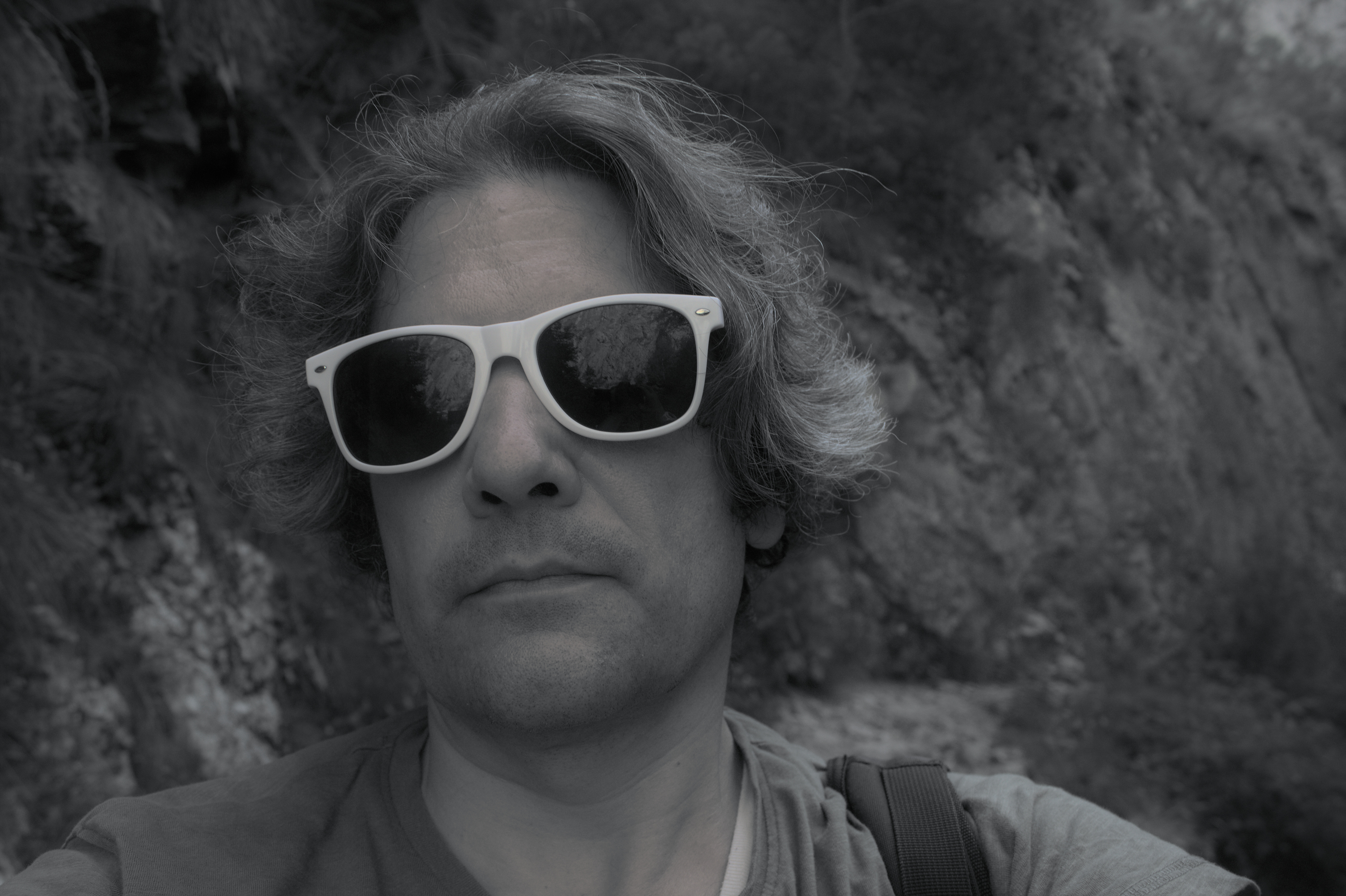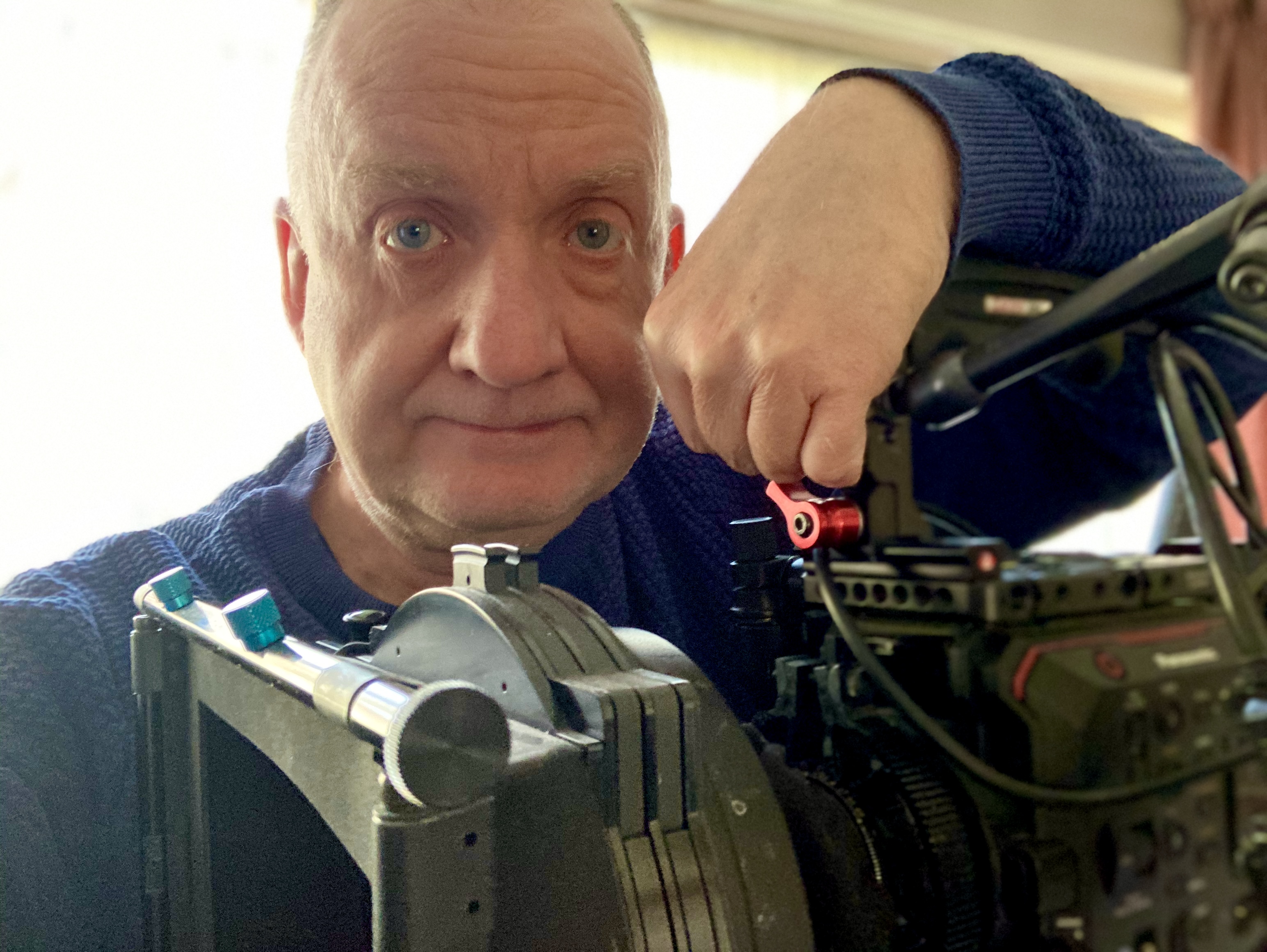ASK & DISCUSS
INDEXTony Hall states that Netflix and Amazon are threatening UK (BBC) programming?
7 years, 7 months ago - Matthew Prince
According to Tony Hall, BBC chief, British content “is under serious threat” in the face of inroads by Netflix and Amazon and that spending on TV programming in the U.K. looks set to fall by as much as £500 million over the next decade.
In his speech last November, he said that the BBC needs to innovate and reinvent itself to compete with global streamers, whose own outlay on British content will not make up for the looming drop in spending within the U.K.
“We have to face the reality that the British content we value and rely upon is under serious threat. In the U.K. we often think of the BBC as a big player, but today the media market is truly global. And in that vast solar system, we are tiny compared to the huge gas giants of the U.S. And every day they’re getting bigger. That is why we must continue to innovate, back new ideas and take creative risks. We will never simply compete on money alone. It is why the reinvention of the BBC for the modern age is so important.”
Hall’s warning comes on the heels of comments this week from one of the U.K.’s best-known drama producers that the well of co-production money from Netflix and Amazon is set to run dry. Jane Featherstone, the former Kudos boss who now runs Sister Pictures, said the streaming giants will pull back from co-production and the content they commission out of Britain will narrow in focus.
The BBC generates £3.7 billion in license fee income annually. Netflix will spend about $6 billion on programming this year and more in 2018. The streaming service has commissioned “The Crown” from the U.K. and has several British projects underway, including “Troy” and “Duty/Shame,” which are co-productions with the BBC. Amazon has “The Grand Tour” from Britain, its most popular show globally.
Hall’s remarks will echo Featherstone’s concern that uniquely British stories will fall by the wayside as the global SVOD players make their production choices. “The reality is that their investment decisions are likely to focus increasingly on a narrow range of very expensive, very high-end content – big bankers that they can rely on to have international appeal and attract large global audiences,” Hall he said.
According to research commissioned by the BBC into programming challenges in the current media landscape, a report by London-based consultancy Mediatique acknowledges the investments made by Sky and BT in British sports rights and programming but says these will not cover the gap.
Hall said "The BBC has always shown a great ability to adapt to new challenges and make them opportunities. If we get the response right now, and the rest of the industry does the same, then we can safeguard the future of home-grown content, and rather than British content diminishing, we can kick start a new golden age for British production.”
-- So the question is what does Tony Hall and the BBC really want? Netflix and Amazon to quit and pack up shop? Or do they want the government to allow them to add another £10, £20 or £50 on top of the (compulsory) licence fee, instead of the yearly £1 increments?
We can't go back in time. I mean how can Hall really complain when his organization has access to £3.7 BILLION a year? What can't he do? Or really, what should he be doing? --
Only members can post or respond to topics. LOGIN
Not a member of SP? JOIN or FIND OUT MORE
7 years, 7 months ago - Josh Cockcroft
You're comparing apples to oranges on the content expenditure front - Netflix's cited $6bn (£4.2m) is a ring fenced budget for content. BBC's £3.7bn license fee revenue stream is by far and away their main source of income. That £3.7bn isn't just for content, it's for everything - staff (content making and not), operations, maintenance, the whole lot. Their actual budget for content is more like £2.7bn. Also note that while Netflix can simply acquire most of their content and has no minimum hours, BBC has multiple linear channels that it has to have programming on 24/7, and (more or less) has to actually produce all of their new programming, which is a more expensive proposition.
I know that's not your point, but it's important to understand the context. As to what he wants - doubtless, an increase to the license fee.
7 years, 7 months ago - Vasco de Sousa
I agree that the BBC doesn't just pay for content, it pays for the infrastructure that broadcasts the content (which other broadcasters use). And, the license fee also goes to S4C, radio, websites, and a news network.
But, ITV and channel 5 also have to compete against Netflix.
The question is, culturally, do the British people still see themselves as unique enough to want to see British content? In the cinemas, young children do watch Paddington, but there is very little content aimed at teenagers. With books, there are still a few new British authors that do well, but the most popular seem to be American.
What does he want? If he's telling the truth, he wants producers to take risks, to not just go for the old cookie-cutter content that the gurus suggest, but to innovate again like they did in the days of Fawlty Towers. I hope that's what he means anyway.
7 years, 6 months ago - Marlom Tander
Look at what Netflix doesn't do. Netflix doesn't do "Saturday night family shows, quiz shows or news". Netflix focusses on what it's audience wants - ad free quality mainly dramas and docs.
I have no time for the saturday night entertainment shows, but other people love them, and the BBC has to make them because they don't travel well. The formats do, but the details and style are cultural. (Look at USA Top Gear to see the difference in bro culture).
The BBC has to do many things, and has to focus on what the UK needs. And if that means that technically it might not be the best at top end production, so what? It only ever was because, for a while, it had the most money. HBO showed us decades ago what would happen to US drama budgets once they could swap ads for subscriptions.
Tony Hall likes to be able to say he makes the BEST programs with the BEST production values. That's just pride and vanity. His job is to make the best programs FOR THE UK he can with the money he gets given.
7 years, 6 months ago - John Lubran
Just on the point of the BBC's income. The £3.5b it gets from the licence fee is only about half of it's revenue. It's often overlooked that the BBC is also generating about another £3.5b on sales of it's products and services around the world. From a strategic economic perspective the BBC is a net contributer to the UK economy; and that's before factoring in the very significant PR value that we get from the corporation which contributes invisible national income that is worth perhaps even more. So at a gross annual turnover of around £7b the BBC is significantly bigger than Netflix both economically and in the bredth, scale and reach of its global presence.
7 years, 6 months ago - Alice Charles
Here's the thing that no one is saying: people simply want to watch stuff that is good. The only reason Netflix, Amazon, Apple and all the others pose a threat is because British broadcasters seldom make world-class fare anymore. A series such as the BBC's Blue Planet is a rare event, and drama across the board is sorely lacking - and there's a reason for that: all the UK broadcasters have failed to support and nurture the people who could make groundbreaking, engaging material. Where are the stories that have something to say about the way we live now? Where are the dramas that speak to a younger generation?
7 years, 6 months ago - Mark Wiggins
It must be remembered, that companies such as Netflix make a lot of 'British' content; either solely or as a co-producer; both films and series. "IBoy," "Peaky Blinders," and the upcoming, "The Innocents" are all subjects set in Britain and made by British cast and crew that wouldn't be made without Netflix money. The quality of these productions is extrememly high.
Also, you can self-publish on Amazon. So you can make your micro-budget feature, do the festival circuit with it and put it on Amazon for all to see. Then, hopefully, people who matter will see a person's talent and who knows where that could lead.





